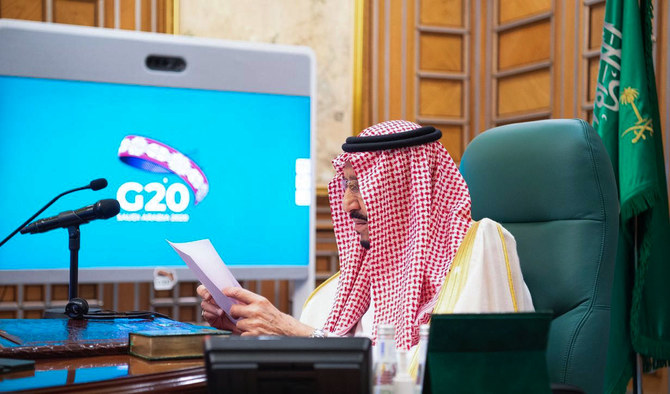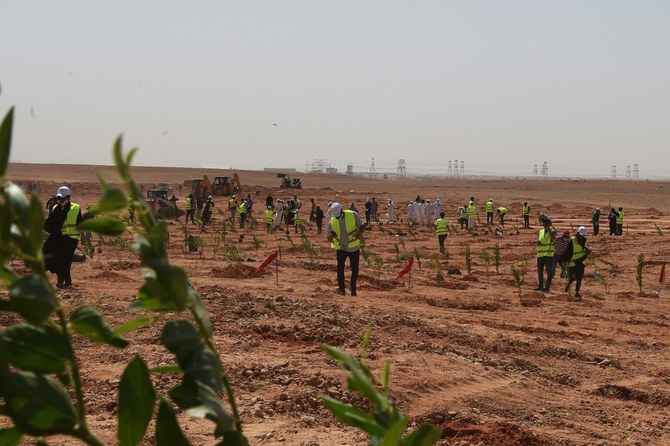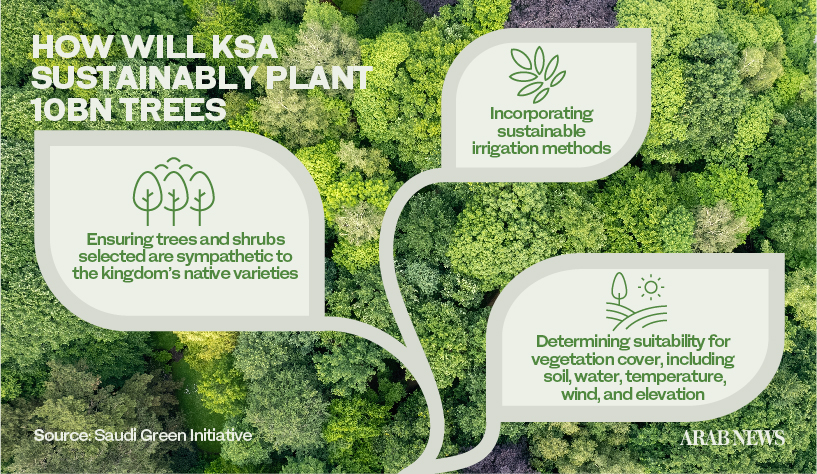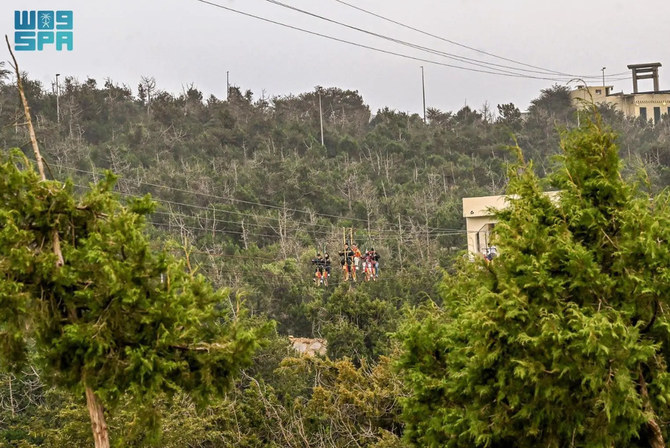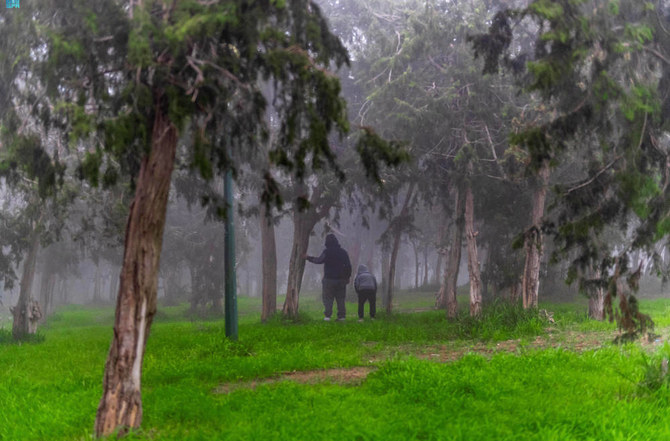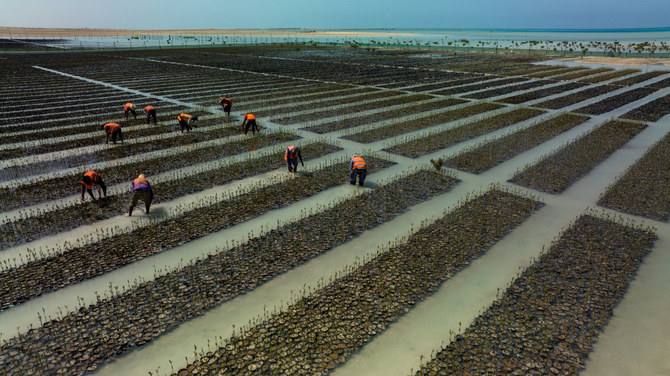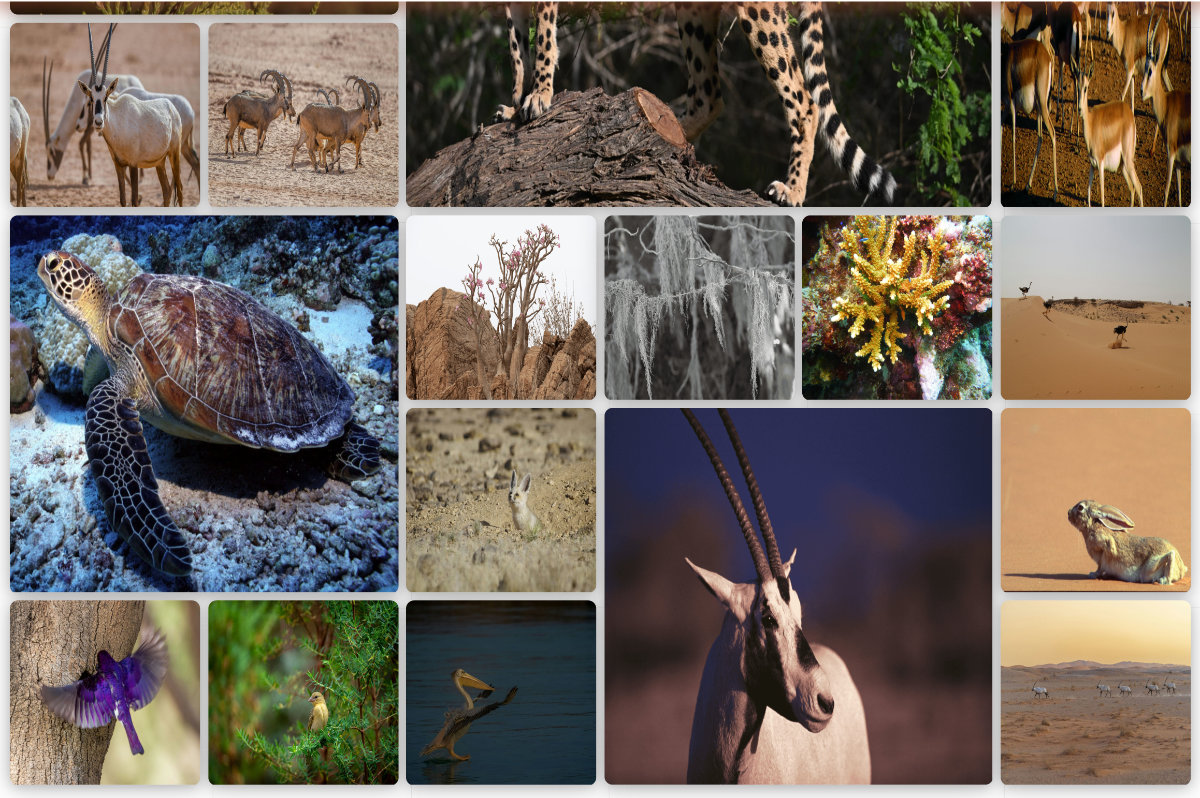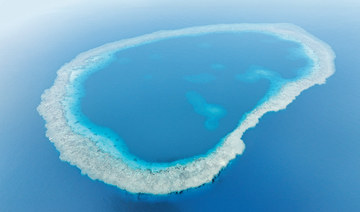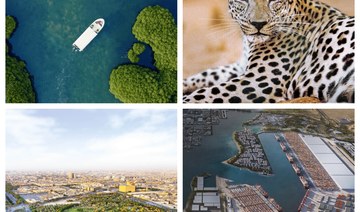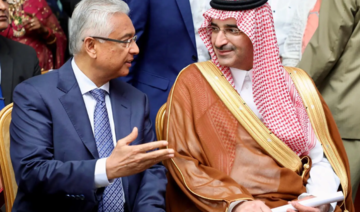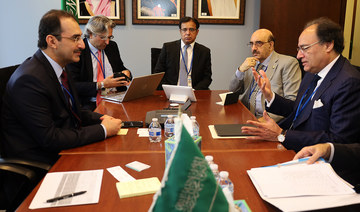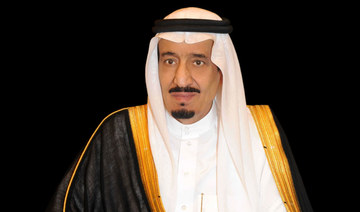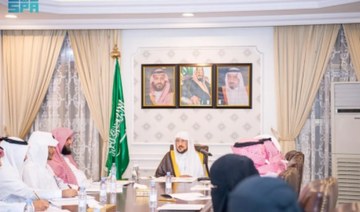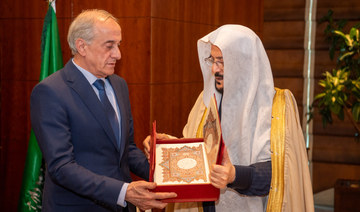DUBAI: In the fight against COVID-19, the World Health Organization (WHO) has warned against the danger of “vaccine nationalism,” by which countries will only trust vaccines that they have developed themselves, or which come from countries — usually Western — regarded as scientifically advanced.
“For the world to recover faster, it has to recover together, because it’s a globalized world,” WHO Director General Tedros Adhanom Ghebreyesus said recently. “The economies are intertwined. Part of the world or a few countries cannot be a safe haven and recover.”
Saudi Arabia seems to have learned this lesson early on in the pandemic, even taking it further by inviting cooperation with countries working on the vaccine from outside the Western “gold standard” group of pharmaceutical companies and health regulators.
It also gave the global effort a huge financial boost earlier this year when the G20 — the global leaders’ summit under Saudi presidency this year — allocated $21 billion to bridge a “health financing gap” in the fight against the virus. The grant was made after a special meeting of G20 health ministers organized by the Kingdom to address the funding issue.
Saudi Arabia is working with American and British companies, but has also welcomed the involvement of Russian and Chinese vaccine developers in the Kingdom’s efforts to produce a treatment for the disease.
The Saudi Health Ministry spokesman said recently: “The Kingdom is committed to participating in the global effort to find a vaccine. It has been participating since the beginning of the pandemic to support all research efforts in finding a cure and a treatment.”
There is a big proviso attached to this commitment to vaccine inclusiveness. Potential vaccines will not be used on people in a wholesale immunization program until they have passed tests approved by the Saudi Food and Drug Federation, the government body charged with upholding standards of health and safety in these matters.
“Our leadership is keen on boosting whatever is needed to enhance the health of society and vaccine availability, and to be one of the first to acquire a vaccine, but the safety of the vaccine and the procedure employed are also of great importance when approving any treatment,” said Health Minister Dr. Tawfiq Al-Rabiah.
Once the essential safety parameters are set, there is a wealth of potential vaccine candidates on offer. Some experts believe there are nearly 200 under development worldwide, though only a handful of these are likely to come to anything like a production stage. The Kingdom is leaving its options open by considering a wide range from around the world.
It has been in contact with the manufacturers of the AstraZeneca Oxford vaccine, Saudi health officials said recently. This is regarded as one of the most advanced under development. It is based on a chimpanzee vector, and has so far shown great promise among the 18,000 individuals who have taken part in Phase 3 trials in the UK, the US, South Africa and Brazil.
“Our leadership is keen on boosting whatever is needed to enhance the health of society and vaccine availability, and to be one of the first to acquire a vaccine, but the safety of the vaccine and the procedure employed are also of great importance when approving any treatment.”
Health Minister Dr. Tawfiq Al-Rabiah
The trial was recently halted when one participant fell ill, but it has since been resumed, and AstraZeneca’s CEO said the vaccine is on target to go into production by the end of this year or early 2021. “Then it depends how fast regulators review it and give approval,” he added.
Given the world’s biggest pharmaceutical companies are based in the US and continental Europe, you would expect manufacturers to be at the forefront of vaccine development. American and European researchers have made big advances, some of them using the mRNA techniques to develop a vector for the vaccine transmission mechanism, as opposed to AsrtaZeneca’s chimpanzee-based vector.
Drug companies such as Pfizer, Johnson & Johnson, Moderna of the US, Valneva of France, and CureVac and BioNTech of Germany all have products in advanced stages of trials, though none have yet received approval from a national health authority for their product. Saudi Arabia’s health regulators are likely to wait until that has been given before it makes a decision on which to go with, although it enjoys good relationships with all the developers.
One vaccine that has been approved by a government, and which has generated controversy in doing so, is the Russian Sputnik V. This was the first vaccine to be officially approved, after development by the prestigious Gamaleya Institute in Moscow under the auspices of the Russian Direct Investment Fund, the country’s sovereign investor that enjoys close relations with Saudi Arabia.
The Russians justify their rapid approval of the drug by pointing to the country’s long tradition of vaccine expertise, and by its use of a human adenovirus vector already successfully developed for treatment of the Ebola disease.
Although Sputnik V received a skeptical reception in the Western media and scientific circles, it was recently favorably peer-reviewed by the British medical journal The Lancet, which said it was successfully developing antibodies with no significant side-effects.
Kirill Dmietriev, the Russian businessman who has been the public face of his country’s vaccine effort, told Arab News that Saudi Arabia has been closely consulted on the work, and that the Kingdom is one of five countries that will take part in much larger human testing on as many as 40,000 subjects. If all goes to plan, Sputnik V could be available before the end of the year.
China, where COVID-19 first emerged, is also well advanced in its vaccine plans, with at least three products at Stage 2 testing within the country. Saudi Arabia has partnered with one of these — the drug developed by Tianjin-based CanSino Biologics — on Phase 2 trials that are currently underway and which could yield results soon.
Vaccine experts say even when a tried and tested product is on the market, there will still be huge logistical challenges associated with manufacturing it in bulk and getting it to more than 7 billion people worldwide.
This is where the danger of “vaccine nationalism” resurfaces. The temptation will be for the wealthier countries that have developed the vaccines to save them for their own populations and not distribute them equably.
Bill Gates, the American philanthropist who has given billions through his vaccine organization GAVI, said recently: “If we don’t get a vaccine in an equable way, we’re in trouble.”



